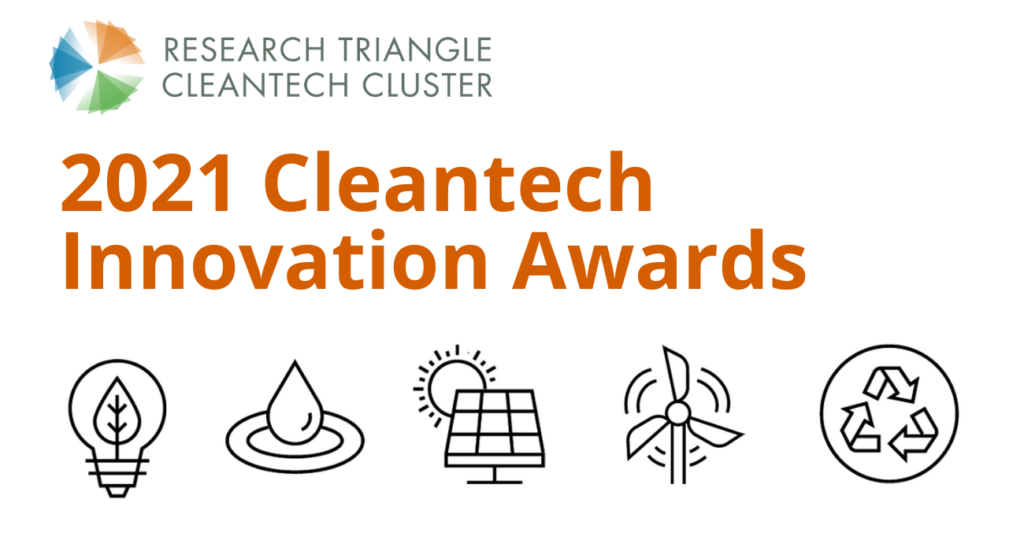
About the Awards
The Research Triangle Cleantech Cluster created the annual Cleantech Innovation Awards to recognize cleantech initiatives, projects, and innovations from companies, organizations, and government agencies that have contributed to the growing cleantech ecosystem in North Carolina.
The awards celebrate a range of creative solutions from water technologies to renewables and new transportation models, among others.
The 2021 Cleantech Innovation Awards Ceremony was held on December 8, 2021 at Market Hall in Raleigh, N.C.
Award Categories
Cleantech Champion
Recognizes an individual who exemplifies a deep commitment to advancing the cleantech industry in their local community, the Research Triangle region, or statewide. Achievements may include demonstrated dedication to cleantech innovation or adoption, business expansion or relocation, development of high-impact technology, or spearheading regional/cross-sectoral collaboration to drive innovation.
Cleantech Entrepreneur Award
Recognizes an individual who has demonstrated innovation through the development of new technology or advancing existing technology that has the potential to disrupt traditional industries, create a cleaner planet, and improve the quality of life for people here in North Carolina or around the world.
Cleantech Research Innovation
Recognizes an individual or team pursuing a research-based solution to a pressing cleantech challenge, working toward commercialization of a research-based cleantech innovation, or spearheading a new collaboration between research and industry.
Cleantech Talent Development
Recognizes an organization or initiative that has made a significant contribution to developing talent, providing professional development, or fostering employment opportunities that support the cleantech industry in the region or state. Examples may include a corporate apprenticeship or internship program, a community college or university certificate in clean technologies, or a K-12 curriculum or outreach program.
Diversity Equity and Inclusion in Cleantech
Recognizes an organization or initiative that has demonstrated a strong commitment to building a more diverse, equitable, and inclusive cleantech economy. Examples may include deployments that focus specifically on the equitable availability of cleantech solutions, initiatives that address existing inequalities through new cleantech investments, targeted efforts to help underrepresented groups explore cleantech career opportunities, or inclusion-focused mentoring or networking initiatives.
Cleantech Impact: Energy
Recognizes an energy project that applies cleantech to create positive impacts for the environment, economy, and residents. Examples may include innovations to existing grid infrastructure to enhance resiliency, renewable energy installations, microgrid deployments, or innovative energy efficiency programs.
Cleantech Impact: Transportation
Recognizes a transportation or mobility project that uses innovative cleantech solutions to create positive impacts for the environment, economy, and residents.
Cleantech Impact: Water
Recognizes a water, wastewater, or stormwater project that applies cleantech solutions to create positive impacts for the environment, economy, and residents.
Cleantech Impact: Local Government
Recognizes a local government that has effectively leveraged resources and partnerships to complete an innovative project or initiative deploying cleantech solutions to create positive impacts for the environment, economy, and residents. Examples may include smart city technology deployments, collaborative stormwater management agreements, or cross-departmental teams addressing climate change or cleantech adoption or deployment.
Cleantech Impact: Economic Development
Recognizes a cleantech organization that has accelerated economic growth in the region or state. Examples may include a cleantech business that has relocated to the region or state, an organization that has made a significant impact through the application of clean technologies, or an organization that has enabled cleantech economic growth. *NOTE: Awarded at RTCC discretion and is not part of the public nomination and judging process.
Meet Our Sponsors
Presenting Sponsor

Award Sponsors
Cleantech Impact: Transportation
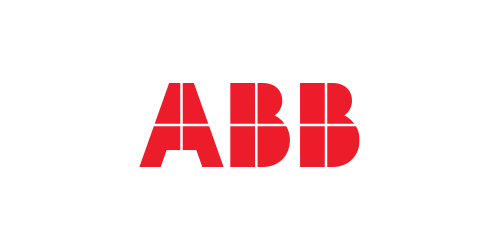
Cleantech Entrepreneur
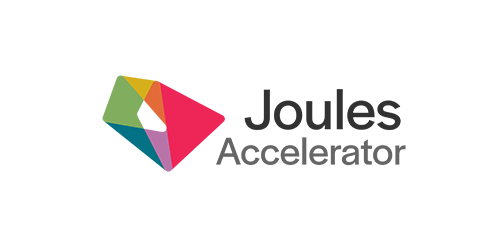
Cleantech Impact: Energy
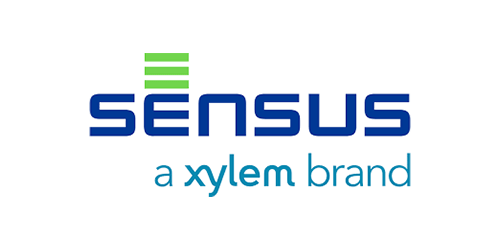
Cleantech Impact: Water
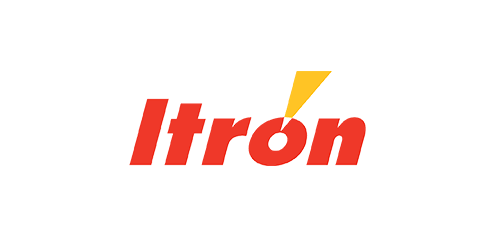
Cleantech Research Innovation
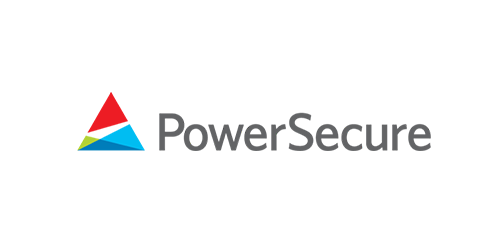
Cleantech Champion
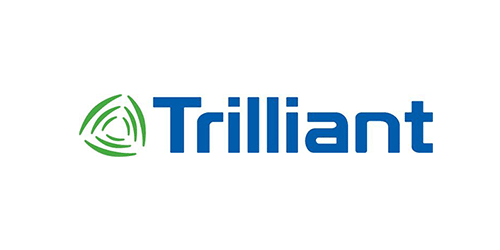
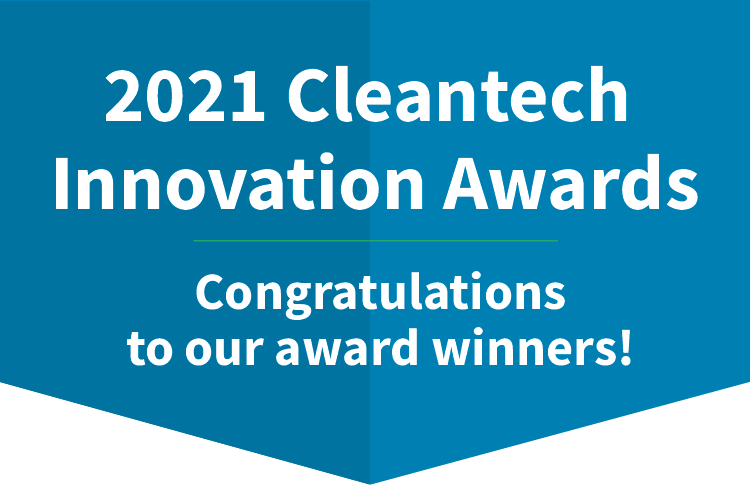
Cleantech Champion
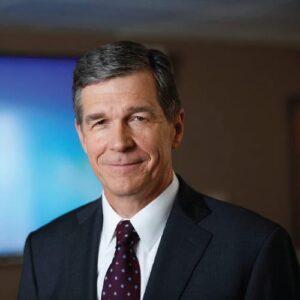
Governor Roy Cooper
The Governor was nominated and selected by a committee of leaders and executives from the cleantech industry and public sectors for this prestigious award based on his demonstrated commitments to protecting natural resources. His nomination outlined his administration’s extensive investments in driving a clean energy economy in North Carolina, with accomplishments including:
- Executive Order 80, which focused on protecting the environment while growing the clean energy technology sector
- Establishment of the North Carolina Climate Change Interagency Council
- Development and implementation of the North Carolina Clean Energy Plan
- Carbon Reduction Policy Evaluation and North Carolina Energy Regulatory Process (NERP)
- Executive Order 218, which focused on opportunities for offshore wind generation and jobs in North Carolina
- Signing the bipartisan Energy Solutions for North Carolina (NC House Bill 951)
Governor Cooper attended the Awards Ceremony and spoke about the importance of clean energy and clean technologies for North Carolina’s future prosperity. View the press release for more information.
Cleantech Policy Leadership Award


North Carolina Representatives Dean Arp, John Bell, Destin Hall, Robert Reives, John Szoka, and Speaker Tim Moore from the House, and President Pro-Tem Phil Berger and Senator Dan Blue from the Senate
To recognize the bipartisan passing of House Bill 951 this year, we would like to recognize the four primary bill sponsors and bipartisan leadership in both chambers with a special Cleantech Policy Leadership Award. This bill required many more people to get to the finish line, and we would also like to acknowledge the efforts of the many who negotiated and supported the bill in both chambers and numerous others; the staff who engaged stakeholders throughout the process; and the organizations and individuals from civil society who have been and will continue to engage to ensure effective implementation of the bill.
Cleantech Entrepreneur

Tony Atti
Co-Founder and CEO, Phononic

Since co-founding Phononic in 2008, Tony has led the development and growth of the company, building a powerhouse team with a reputation for innovation in the Triangle and far beyond. The company has become the leading global innovator of solid-state cooling and heating solutions, perfecting its thermoelectric chips and devices – devices that are mission-critical to how houses and buildings are cooled, people work and communicate, grocers merchandise and deliver food, and life-saving vaccines and drugs are protected.
Cleantech Research Innovation

Srdjan Lukic
FREEDM Systems Center

The FREEDM Systems Center is building the next generation of electric vehicle fast chargers that can support larger EVs like the transit buses of our friends at CATS. With funding from the US Department of Energy and in partnership with ABB and the New York Power Authority, FREEDM researchers are building a charging station with four charging ports rated at 350 kilowatts each and a total station power rating of 1 mega- watt. An extreme fast charging solution must also address utility demand charges, optimize efficiency, and minimize physical size. To make this connection, NC State researchers selected Silicon Carbide devices, a newer breed of wide bandgap semiconductors that can operate at higher voltages, higher temperatures, higher currents, and higher switching frequencies than traditional silicon devices, meaning that their fast charger is more efficient and compact than any other charger at this power rating.
Equity in Cleantech
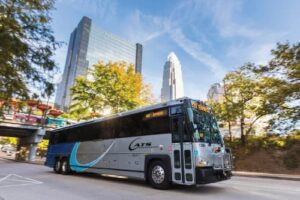
Charlotte Area Transit System (CATS)
Electric Bus Program

The CATS electric bus pilot program is focused on bringing cleaner air to residents of the Charlotte-Mecklenburg region. As we know, electric buses are one of the smartest clean-air strategies because they remove one of the most common irritants of asthma-not to mention other respiratory diseases-directly from the front porches of poorer communities and communities of color that have been historically burdened with higher pollution levels. To advance Charlotte’s equity goals, this electric bus partnership will prioritize the City’s “Corridors of Opportunity,” which are identified under-invested areas of the region. These also happen to be areas experiencing the highest pollution rates-especially along freight corridors and highways-that will benefit most immediately from these investments. This pilot project supports both the City’s ambitious climate goals and will provide public health benefits throughout the region. CATS serves as a model for other municipalities and transit agencies around the country.
Diversity in Cleantech
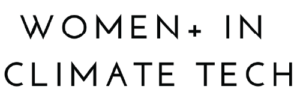
Women+ in Climate Tech
The mission of Women in Climate Tech, or WiCT, is to empower and amplify the voices of women in the climate tech industry. Founded by Bennecomms, WiCT acts on the belief that gender equality is one of the most powerful ways to fight climate change. Since its launch in January of this year, this network has grown to nearly 500 members and over 800 subscribers from business, academia, and governments around the world. Its members include entrepreneurs, climate scientists, engineers building remarkable technologies, and sustainability officers at some of the largest businesses in the world including Microsoft, Google, Amazon, and more.
Cleantech Talent Development
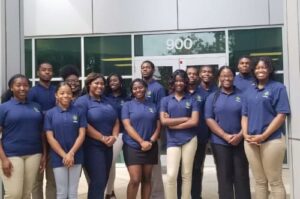
Partnership Raleigh Community Climate Intern Program

The Community Climate Intern Program is an opportunity for college students to engage with City departments in support of the Raleigh Community Climate Action Plan to reduce greenhouse gas emissions, address climate equity, and build community resilience. Starting with this year’s inaugural cohort, interns received technical training in fields such as engineering, civic engagement, data analysis, green and sustain- able infrastructure, and equity evaluations; and they increased their knowledge of climate equity, sustainability and climate issues specifically affecting the Raleigh community.
Cleantech Impact: Energy
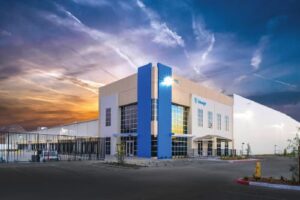
ndustrial Lineage Logistics nSight Coincident Peak Energy Savings

Lineage Logistics is a supply chain company working to reduce food waste and eliminate food insecurity by optimizing the food distribution process. Here in North Carolina, the Lineage Logistics Tar Heel facility leveraged ndustrial’s nSight Coincident Peak solution to create over $2.5 million in energy savings this year. This not only saved money, it also removed 2MW of energy off the utility grid during peak energy demand periods.
The ndustrial nSight Coincident Peak solution was specifically created to forecast electric grid peaks, allowing factories to avoid expensive power consumption periods and help manage the electric grid. The nSight Coincident Peak solution allowed Lineage Logistics to maintain quality production standards while simultaneously achieving the lowest possible cost-per-unit of production.
Cleantech Impact: Transportation
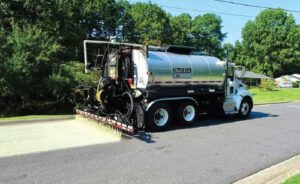
TiO2 Enhanced Pavements

The City of Raleigh worked with Pavement Technology, Inc. (PTI), to reduce greenhouse gas emissions, mitigate urban heat islands, and address water pollutant issues through an innovative approach that involves adding Titanium Dioxide to the asphalt rejuvenation process to create “Cool Pavement.” At the completion of the pilot project, treated roads showed a 37% reduction in Nitrogen Oxides, which are a type of roadway contaminant, and an average Solar Reflective Index (SRI) of 38.2-a nearly 400% improvement over the untreated locations. These results fostered a relationship between the City and the Global Cool Cities Alliance – Cool Roadways Program, which has created more pilot projects in different municipalities throughout the country.
Cleantech Impact: Water
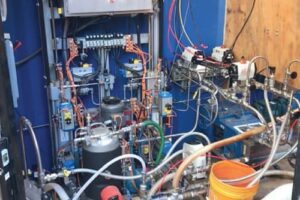
374Water

374Water is a cleantech and social impact company based in Durham, NC. It was founded by Dr. Marc Deshusses and Kobe Nagar to commercialize their research and development work conducted at Duke University. The company offers a disruptive waste treatment and resource recovery technology that addresses important environmental pollution challenges. The technology at the core of 374Water is AirSCWO, a unique, continuous treatment system that completely eliminates organic compounds, converting wastes into heat and safe products that can be recovered and reused.
Cleantech Impact: Local Government

Town of Morrisville’s Smart Parks Project

Morrisville has installed occupancy sensors at their town parks to let the community know if they are available for use, enhancing the use of greenspaces and helping residents avoid unnecessary trips to courts and fields when they are occupied. The town has also installed autonomous flood and ground moisture sensors in partnership with Green Stream, an environmental technology firm, so that the parks management team can be alerted of flooding, which has historically been an issue for the town. Data from these sensors are automatically shared with North Carolina Emergency Management and fed into our smart city dashboard, which was created by Sam IT Solutions, a local Durham software company. This information is used to automate field/park closures and is available to the public.
Cleantech Impact: Economic Development

Smart Wires

Smart Wires is a global power technology company advancing the delivery of affordable, clean electricity around the world. To achieve their vision of a highly efficient electric grid that helps create a cleaner planet, the company partners with electric utilities across the globe to solve their biggest challenges and evolve their grids. At the same time, the company collaborates with their customers to achieve their strategic objectives and help them face an uncertain energy future with flexible, high-impact solutions. The main products and services offered include Smart Wires’ trademarked SmartValve technology, analytics advisory services, and case study research. In July 2021, Smart Wires announced that it had selected Durham County for its Global Headquarters, bringing a $21.5 million investment and the creation of 250 new jobs to the Triangle region.
